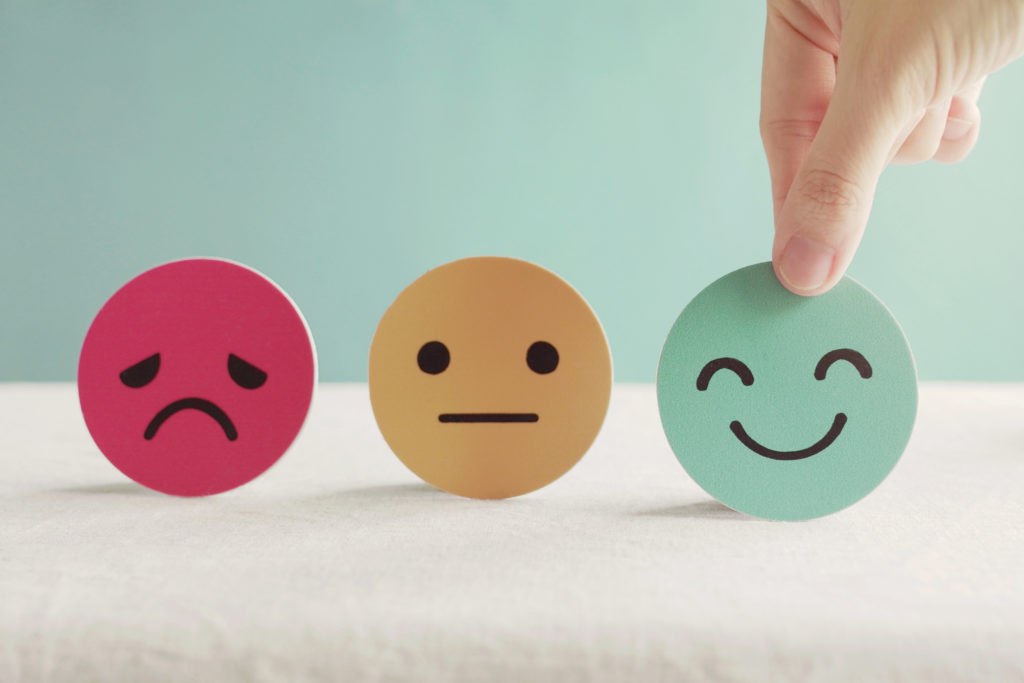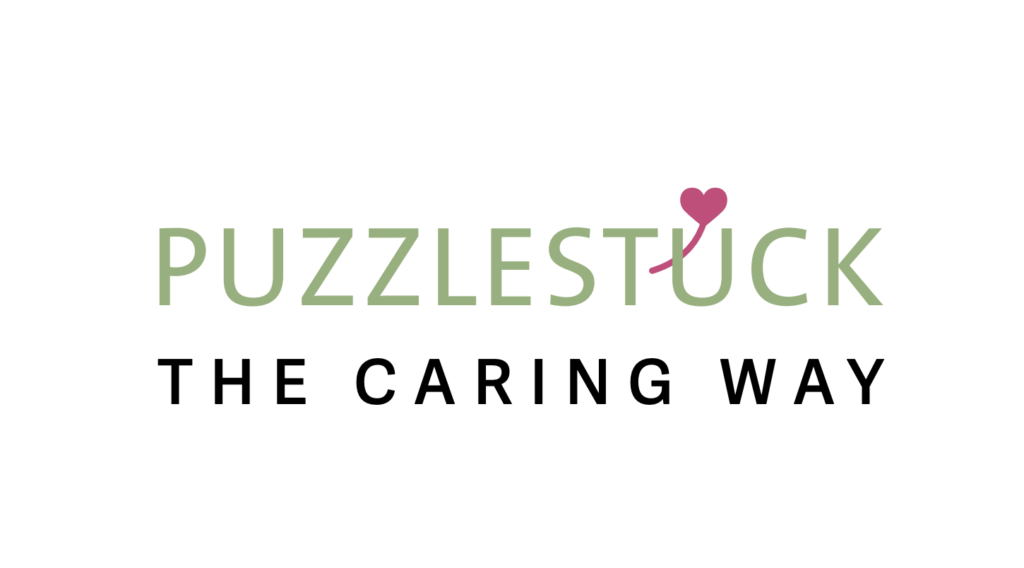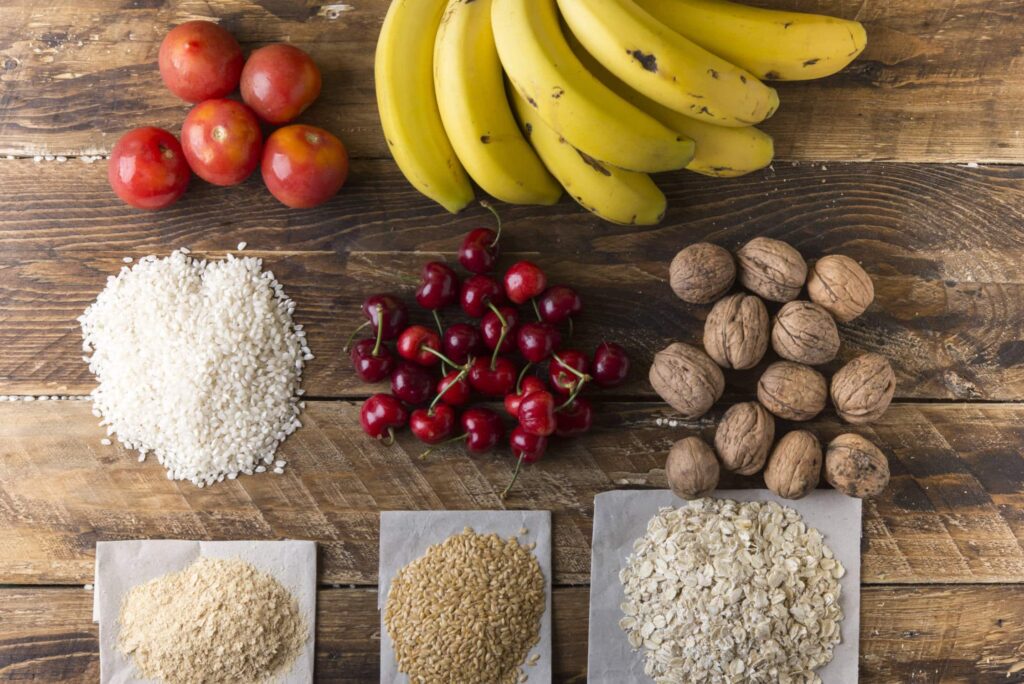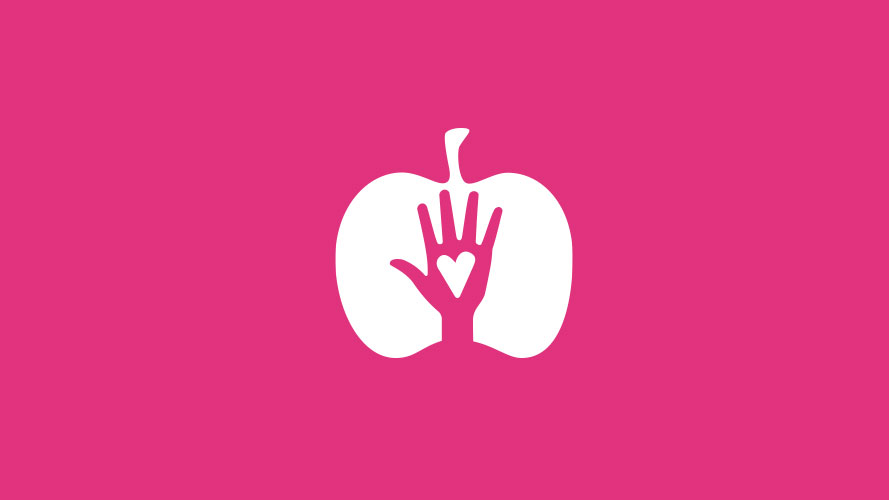The practice of gratitude can have a significant impact on your overall wellbeing, but it can be hard to have gratitude when there’s a lot to worry about. Many of us are living in the midst of uncertainties and it is not uncommon for mental health to suffer during trying times like this.
But what if we paused for a moment and looked around us? What if we stopped worrying about the things that might happen and instead appreciated the good things that are happening right now? Reflecting on what we have and being intentionally grateful for it can go a long way to making our lives better.
What is gratitude and how does it work?
Gratitude is something that makes us uniquely human. Gratitude is connected with brain activity associated with theory of mind, moral cognition, and value judgement. It is an emotion, a behavior, and a virtue.
Being grateful is being thankful for what we have. It’s not just saying “thank you” when you’re given something or when someone does you a favor, it means recognizing that all the things in our lives are gifts – including the challenges and hardships. Gratitude reminds us of how much we do have.
More often than not what we have today is what we wanted in the not so distant past. Unfortunately many of us have not been taught to pause and be grateful for these things. We have instead been primed to focus on what we still don’t have.
Being grateful for what we have in the present moment can also help us to avoid obsessing over the things that might happen in an uncertain future, thus allowing us to keep our mental health intact. Being intentional about our gratitude can help us avoid feeling overwhelmed by stress and anxiety, even during the most difficult of times. Focusing on gratitude can shift your day from a bad one to a good one. And making gratitude a part of your daily routine can lead to a profound shift in our lives.
According to UCLA’s Mindfulness Awareness Research Center:
“Having an attitude of gratitude changes the molecular structure of the brain, keeps gray matter functioning, and makes us healthier and happier. When you feel happiness, the central nervous system is affected. You are more peaceful, less reactive and less resistant. Now that’s a really cool way of taking care of your well-being.”

Gratitude is a powerful thing
Gratitude is powerful and the benefits of practicing it are immense. Neuroscientist and gratitude expert Glenn Fox, PhD, says that practicing gratitude is “very similar to working out, in that the more you practice, the better you get. The more you practice, the easier it is to feel grateful when you need it.”
Having a grateful outlook on life can help us stay healthy – physically, mentally, and even socially. According to Fox, “benefits associated with gratitude include better sleep, more exercise, reduced symptoms of physical pain, lower levels of inflammation, lower blood pressure and a host of other things we associate with better health.”
In her research, Brené Brown discovered that a commonality among people that describe themselves as joyful is the act of regularly practicing gratitude. Brown expected to find a connection between the two but was surprised to discover that practicing gratitude led to joy, not the other way around.
“It is not happiness that makes us grateful, but gratefulness that makes us happy.”
-Brother David Steindl-Rast
The law of attraction tells us that like attracts like. While it is is generally understood that negative attitudes are bad for us in more ways than one, including creating more negativity in our lives, we don’t focus enough on how positive attitudes, including gratitude, attracts more of the same. Being grateful for what we have gives us more to be grateful for.
Why are we so quick to forget about the good in our lives when something bad happens?
Unfortunately, many of us are quick to forget about the good in our lives the moment something bad happens. We craft an idea of what should happen and then find ourselves disappointed and upset when those things don’t happen or don’t happen how we imagined they would.
In our current climate, things aren’t looking like any of us imagined a few short years ago. It can be easy to get stuck on thinking about what we’ve lost or the way things were instead of looking at what we have right in front of us.
If you find yourself discouraged by interruptions in longstanding family traditions and routines that used to bring comfort, acknowledge those feelings and hold on to those memories — they can still bring you comfort. This might not always be easy, but if you take care of yourself through difficult experiences by looking for ways to feel grateful instead of focusing on how unfair things seem, it will make these events easier to bear over time. Life changes quickly — tomorrow could bring new opportunities or challenges. Always remember that anything is possible!
How to practice gratitude
To reap the benefits of gratitude we have to practice, similarly to how we train our muscles when we exercise.
Don’t expect instant results; instead focus on small steps like writing down three things you’re grateful for every day or finding ways to feel at peace with your current situation. This “mental trick” might not solve everything, but it will make life easier and help you grow stronger over time!

It’s important to remember that we all go through tough times. Ups and downs are part of life and we all experienced them prior to the pandemic. While it may seem hard at times, it is possible to get past these hard times without negatively impacting our mental health. We can’t always control what happens, but we can choose how we respond to these events by using gratitude as a tool.
If you’re currently in a rut and the idea of finding things to be grateful for seems out of reach, don’t despair. Commit to the practice for a short amount of time and even if it might feel forced at first, the benefits will come. Sometimes we have to fake it ’til we make it and that’s ok.
The takeaway
The health benefits of gratitude are immense and we’ve only just begun to scratch the surface. But much like with our muscles, we must practice in order to reap to the benefits.
Practicing gratitude doesn’t mean we ignore feelings of sadness and anger, it means we acknowledge those feelings and then respond by focusing instead on what we are grateful for in our lives right now. When practicing gratitude becomes one of our normal functions, there becomes an endless supply of things for us to be thankful for and we needn’t look far to find them.
When we cultivate an attitude of gratitude, things don’t only look better to us, they actually become better.
If you’re ready to start today, consider using the WCH 21 Day Gratitude Challenge:







